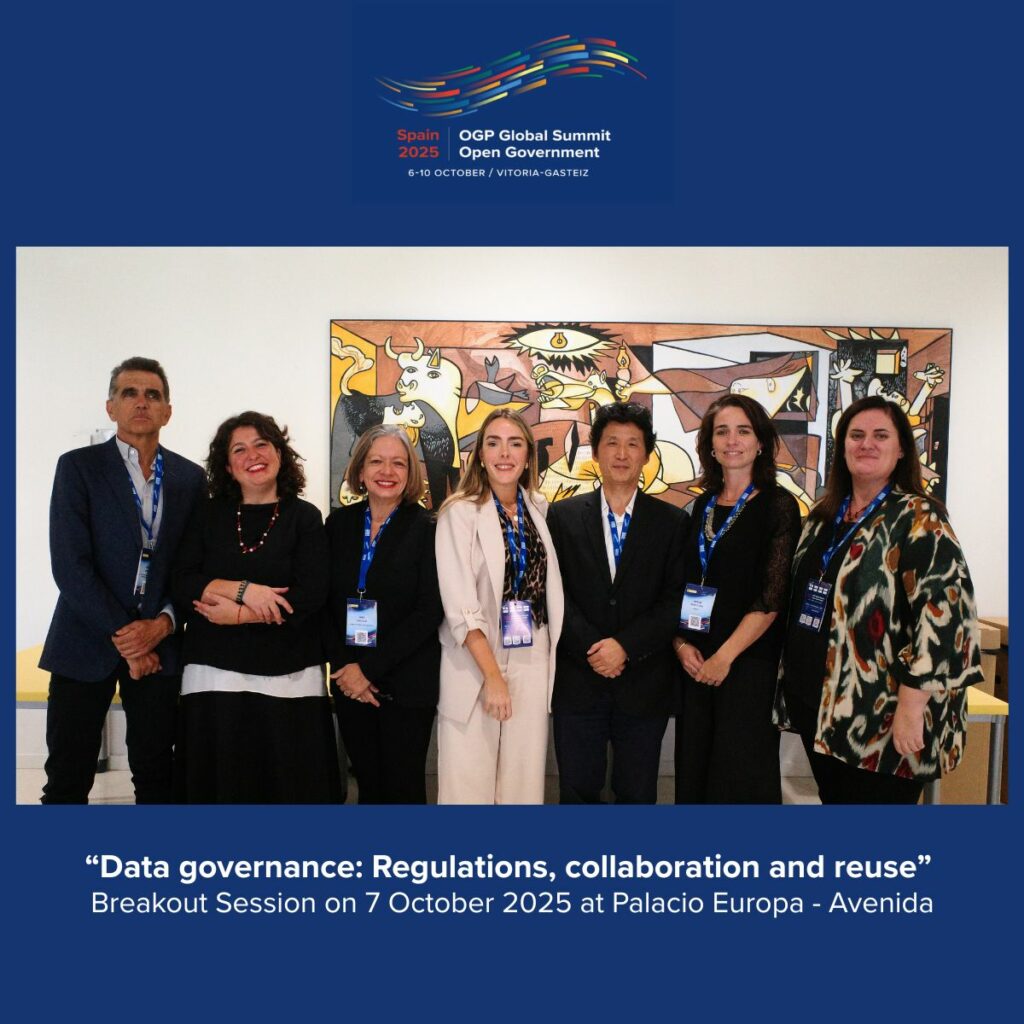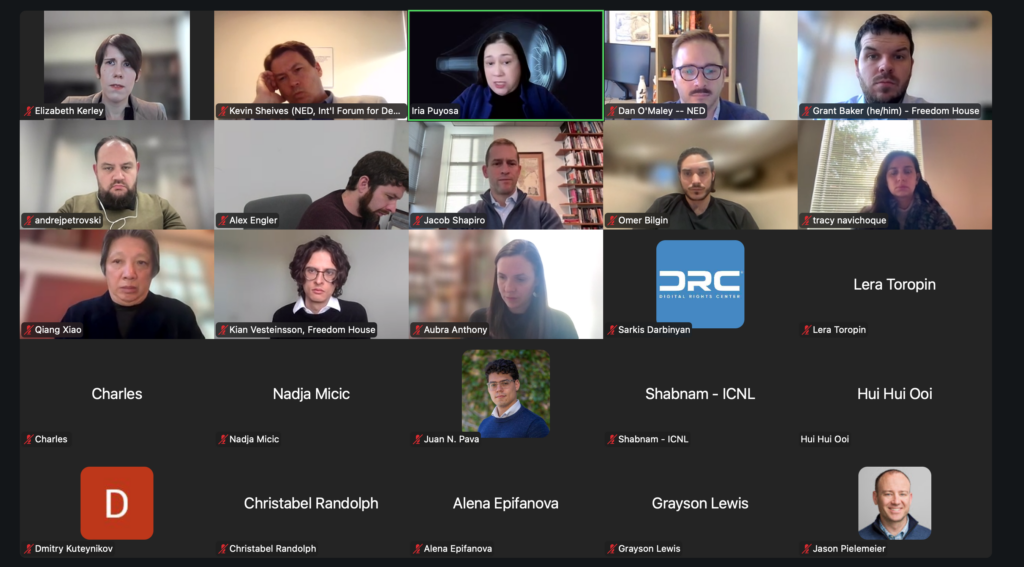K.S. Park spoke at a October 7 session Data governance: Regulations, collaboration and reuse at 2025 OGP Global Summit as follows:

On data protection law, we need be careful that it is not applied mechanistically and ends up suppessing open data. Data protection law is counter-intuitive that data subjects are given default control over data about themselves. The easily misleading and cyclical mantra that “I own my data” is one example. It is obvious you cannot own and control data about yourselves. I cannot give a lousy speech here and try to prohibit you from talking about it, arguing that I own my lousiness. The mantra of data ownership was only a metaphor in the early years of encouraging countries to adopt data protection laws. That day is over yet many of us process that not simply as metaphor but as real thing and weaponize data protection law to suppress other people’s legitimate speech about us. South Korea is one such example where the Presidential Office threatened to press charges of data protection law violations against a journalist who wrote about possible corruptions in hiring, and named the implicated officials. Charge was that he used the personal data of officials without their consent. Even someone filing a complaint against a government employee was criminally charged for naming that employee in that complaint. Open Net fortunately just received a Supreme Court decision finding the whistleblower not guilty last month. This should strike close to your heart because Spain is the home of Costeja v Google where the right to be forgotten was give judicial substance.
Now, the clear way out of the conflict between open data and data protection is anonymization or pseudonymization. But pseudonymization is something your national legislators must be super-careful with. Pseudonymization (or conditional anonymization) is a superb way of using, or recycling, reusing data sets that include personal data, for public interest purposes, without having to obtain consent from all data subjects about the new purposes. However, overprotectiveness of personal data led the civil society and legislators to absolutely ban re-identification of the pseudonymized data. Ironically, some affirmative data subjects’ rights such as right to inspect data held by someone else or right to halt processing requires re-identification. Even if you want to force an insurance company to remove your data from the data pool, you need to allow the company to identify your pesonal data in the pool. So they are in a ironic dilemma where data subjects cannot exercise their inspection/halting right because the law is overly protective of privacy
On copyright law and AI, originally copyright law does not protect ideas but only expressions so extracting data was never considered to trigger copyright. It is the advent of AI that triggered the debate because AI not only extracts ideas but is capable of generating expressions that sometimes resembles the original copyrighted work. Both EU and US are still grappling with the fateful question, which is when a human reads a book, it does not trigger copyright but how about when a machine reads it? What should be open data activists’ position between artists’ claim to compensation for AI training and the need for data for making useful AI? I think there is a different route of protecting artists’ rights to benefit from ther works. Copyright can be alienated meaning sold and given away too often at prices unfair to the authors. But Spain and 20 other countries around the world instituted unwaivable and inalienable artists’ rights to draw a small amount of extra income every time their works are exploited publicly. Open Net has promoted this bill in Korea together with various artists’ groups.
Also, the government holds much data they create. Often governments engage in this debate between public goods v. commons goods, sometimes claiming that “public goods” should not be used freely by the private sector for profit. However, information and data are commons and constitute non-rivalous goods, meaning that one private usage does not exclude others from reusing it. South Korea had similar problems with freight train schedule data, bus/subway arrival data, and sometimes coin design, but if the civil society work with the public agencies and shows the way that the data can be monetized by the private sector and yet still serves the public, they have agreed to allow such usage.
Session description: a LinkedIn post with the session highlights here.
This session brings together various members of the Data Ecosystem to explore the different barriers to accessing and reusing public sector information and the impact that laws and public policies related to open data, transparency, artificial intelligence and personal data protection have on the global economy’s growth. Collaboration among all stakeholders in the Ecosystem to overcome obstacles and foster transparency will be encouraged, allowing members of the public to take a lead role by participating actively in the dialogue. The session will touch on the core topics related to data reuse, starting with the impact on data openness and reuse of data regulatory frameworks. We will explore how national and supranational regulations can actually impact elsewhere, as data flows through national barriers. We will also learn about how collaboration is a critical aspect of data reuse policies and what governments have done to promote it. Which barriers have they encountered to make sure the public value of governmental open data is actually unlocked?
Speakers:
- Carlos Alonso Peña, Dirección General del DatoatSecretaría de Estado de Digitalización e Inteligencia Artificial, Ministerio para la Transformación Digital y de la Función Pública
- Casey Abernethy, ASEDIE
- Belen Soria Campos, Corporate Engagement Manager at Humanitarian Open Street Map Team
- Kyung Sin Park, Director/ ProfessoratOpen Net / Korea University
- Sara Castillo Vargas, Directora Ejecutiva de CONAMAJ at Poder Judicial de Costa Rica
- Mercedes de los Santos, Directora de Proyectos at Open Data Charter
- Naroa Zurutuza, CTO Giga at UNICEF

0 Comments